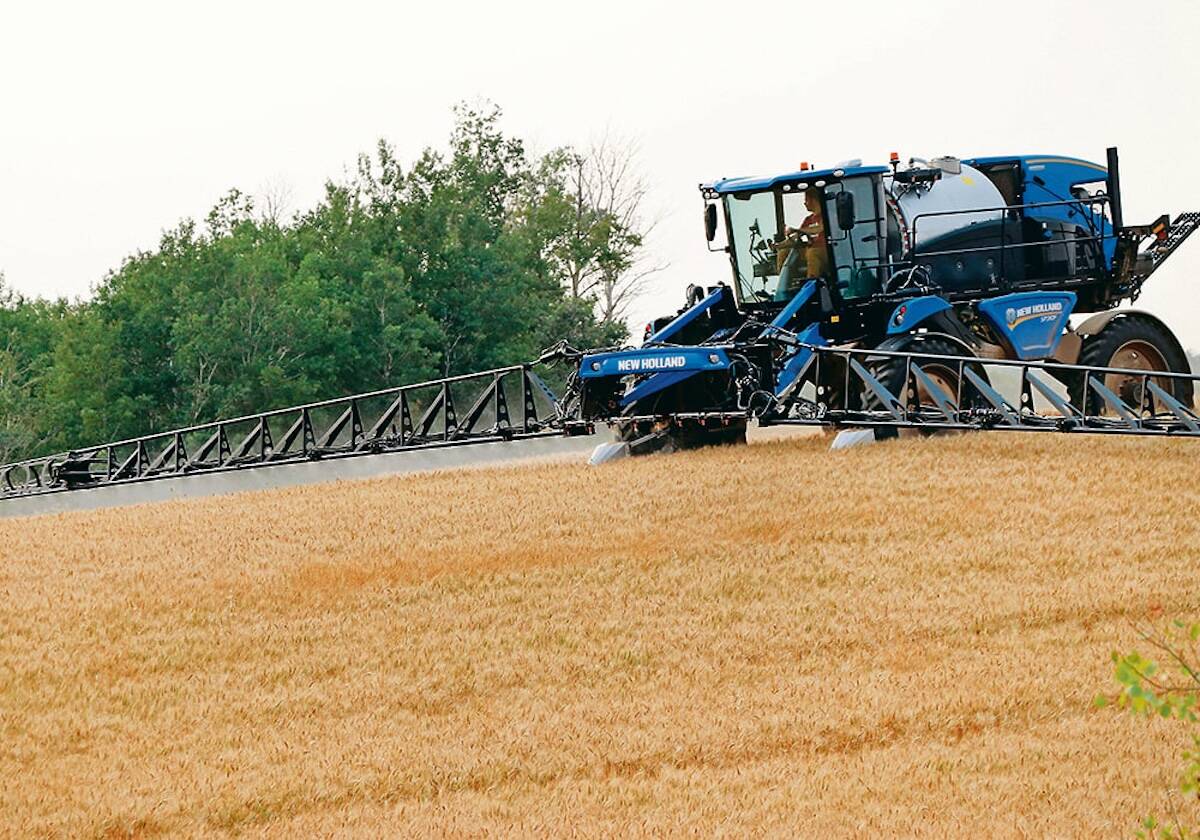There’s no denying that a talk called “Eliminating sex from agriculture to feed the world” is a sexy subject at a writers’ convention.
So Tim Sharbel, the research chair in seed biology at the Global Institute for Food Security in Saskatoon, had his audience’s full attention at the recent Canadian Farm Writers Federation annual meeting.
“Clearly we are in a dire strait on this planet because population is growing at a fast rate and based upon status quo agricultural practices we can’t feed everybody in the next few years,” he told his audience. “So scientists and all these policy-makers are scrambling around trying to figure out how we’re going to feed everyone.”
Read Also

Farming still has digital walls to scale
Canadian farms still face the same obstacles to adopting digital agriculture technology, despite the years industry and policy makers have had to break them down.
Sharbel, who got hooked on evolutionary biology studying the reproductive habits of flatworms in the Italian Alps, has been trying to figure out how some species have developed an ability to reproduce through apomixis, meaning without sex.
Flatworms are among a handful of creatures in the world in which populations reproduce both sexually and asexually depending on where they are located. The one form of reproduction combines gene transfers from two parents while the other essentially clones itself.
Sharbel’s work is focused on finding the genetic switch that makes that possible and applying it to agriculture. His work has the potential to transform how often farmers buy seed.
Over the past 30 years, farmers have been gradually pushed away from saving seed for next year’s crop towards buying new seed every year. Some of it has been dictated by contracts. But it’s mostly due to use of hybrids. The “hybrid vigour” achieved from crossing two or more parent plants can boost yields in the first generation but if farmers plant the seed the next year, the plants revert to their parents. The result is a horrifically variable crop with lower yields.
If Sharbel cracks the code, farmers could continue using their hybrid lines indefinitely.
“If we can have a genetic switch that turns sex on and turns sex off, just like you see in natural populations… the idea would be that you create this first-generation hybrid and then you turn sex off and the plants reproduce clonally,” he said. “The farmer can buy seed from that company one time and never again.
“It’s an extremely disruptive technology,” he said, likening it to the impact MP3s had on the music distribution industry until the business model adapted.
It’s an intriguing concept and one that’s bound to appeal to farmers who enjoy the yield boost from hybrids, but who have felt the sting of dramatically higher seed costs. However, judging from the capital-venture interest this research is attracting, some folks see good potential for making money off this innovation, quite possibly by selling the spray that quashes a plant’s amorous tendencies.
Indeed, it could be a game changer. But will it feed the world? Probably not.
Despite the rhetoric, there is little evidence to suggest the world has a productivity problem. In the industrialized world, markets are more often depressed due to oversupply than not. This year is no exception.
Most of the world’s hungry people are farmers in poor countries who must grow their way out of poverty. Often they see upward of 60 per cent of their harvest lost due to lack of storage, transportation and market infrastructure. For them, increased yield only means one thing — more rot. They are unable to take full advantage of hybrid crops because they are working with soils so biologically degraded they cannot efficiently use water and fertilizer.
In this context, the single-minded focus on yield gains is actually destructive because when markets are depressed due to oversupply, it results in farmers selling crops below their true cost of production. That’s a travesty considering those crops were produced with non-renewable resources.
It drives more farmers out of business and perpetuates practices that evidence suggests will prove unsustainable.
Of course, we can’t expect individual researchers such as Sharbel to solve all the world’s problems. But we can expect more from the Global Institute for Food Security for which he works.
The Saskatoon-based institute portrays global food security as a yield issue that is solvable through “disruptive innovation” and sexy science. It is focused on a future problem that wouldn’t exist if we put some effort into ‘constructive’ innovations that can make a difference today. This is absurd given its altruistic mantra.
So here’s a thought. For every dollar that goes into increasing farmers’ yields, let’s start spending a quarter on research aimed at ensuring increased productivity is used to its fullest potential. Only then will the good work of scientists such as Tim Sharbel not be wasted.



















